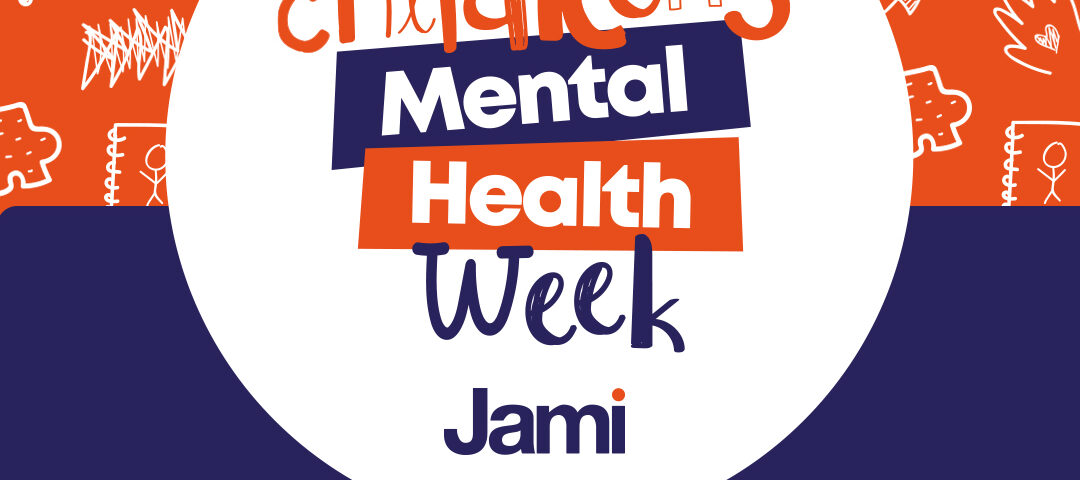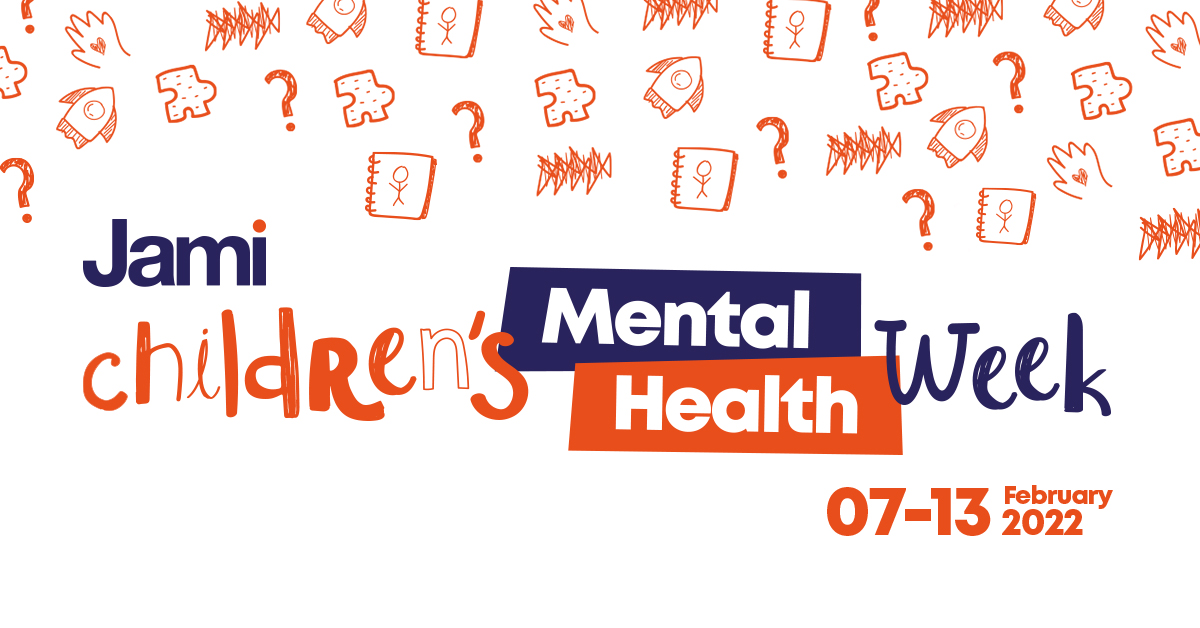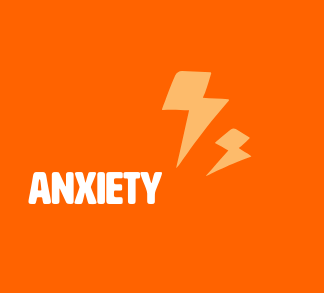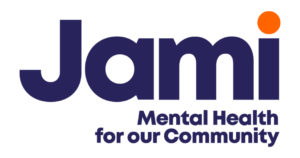

GROWING TOGETHER
Every parent worries about their kids. Are they happy? Are they eating well? Are they spending too much time on screens? Are they building healthy relationships? It’s a rollercoaster of questions with no concrete answers, and sometimes it can be difficult to recognise what ‘normal’ teenage behaviour is and what is not.
This week is Children’s Mental Health Week, highlighting the importance of children’s mental health, and helping parents and carers learn how they can best provide for their child. Because parenting a child with mental distress is far less overwhelming with the right knowledge and support system in place.
Knowing when your child needs help
Every child feels low or anxious or angry at times. But it’s when these changes last for a long time or seriously affect their behaviour, that it may be necessary to seek professional help.
Some of the most prominent signs that a child is really struggling are excessive weight change; disturbed sleep patterns; low mood or tearfulness; little energy; irritability; increasing social isolation; or showing little pleasure in activities they used to enjoy. Challenging behaviour can also be a sign that a child is feeling very anxious so, as testing as it may be, it could be their way of communicating that they’re not ok.
Knowing how you can help
Our children’s mental health suffers the most when they’re suffering in silence. So, as parents and carers, we need to encourage them to share their worries with us, without judgement or fear. That’s not always easy. They may struggle to speak freely with us. We may not always like what we hear. But just letting them know that we can hear they’re going through something difficult, and they’re not alone, will be a comforting place to start.
And if your child is struggling to open up to you, there may be another adult, such as a relative, family friend or teacher, you can encourage them to speak to.
But if your concerns persist and you feel your child may require professional help, where do you even begin? Who do you reach out to? How do you work out what support you need?
Knowing where to turn
Over the past two years, as a result of the pandemic, there has been a tremendous upsurge in the number of mental heath referrals, and none more so than amongst children.
Between April and October 2021, the number of children aged under 18 needing care for issues ranging from self-harm to eating disorders increased by 77%, compared to the same period in 2019*. With one in six school-aged children now struggling with mental health problems**, it can be a despairing time for parents starting on the journey of navigating statutory services and NHS waiting lists.
This year’s theme for Children’s Mental Health Week is ‘Growing Together’ and that’s exactly what Jami is planning with the expansion of our mental health services to children of secondary school age. We recognise how vital it is to find solutions to support the increasing number of children in our community who need mental health support.
Early intervention and mental health support alongside statutory and other voluntary sector provision will mean no parent or child need ever feel alone. Every family in our community will know how to access vital mental health services for their children, should they ever need it.
Advice and support
Childline
24/7 Helpline and online chat for young people
Call 0800 1111
Papyrus HOPELINEUK
Confidential support and advice for children and young people experiencing suicidal thoughts
Call 0800 068 41 41, text to 07860039967 or email pat@papyrus-uk.org
Opening Hours: 10am – 10pm weekdays; 2pm – 10pm weekends and bank holidays
Shout
24/7 crisis text service. Text Jami to 85258
YoungMinds
Practical support for young people and a dedicated, confidential helpline– call 0808 802 5544 or visit www.youngminds.org.uk
For parents and carers
Jami is the mental health service for the Jewish community. If you are caring for a young person struggling with their mental health, contact our Carer and Family Support service for advice and support. www.jamiuk.org or call 020 8458 2223
* NHS data analysed by the Royal College of Physicians for BBC News, February 2022
** (NHS Digital, 2020)




